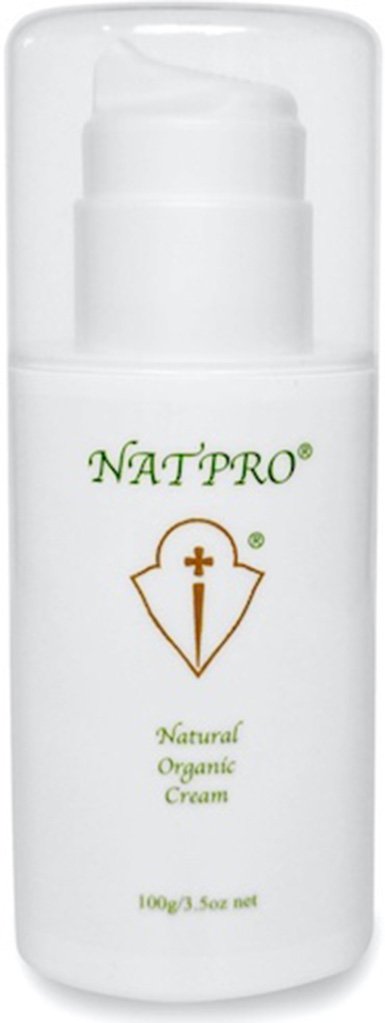Menu
Excessive progesterone use can lead to too much testosterone. Testosterone that cannot be used by your body may convert to estrogen. Is this true?
by Gerard
(Barcelona)
Considerations
Excessive progesterone use can lead to too much testosterone. Testosterone that cannot be used by your body may convert to estrogen, leading back to the feminizing effects of the original estrogen dominance.
Read more : http://www.ehow.com/facts_5848728_feminizing-effects-progesterone-men.html
Cheers.
Gerard
Comments for Excessive progesterone use can lead to too much testosterone. Testosterone that cannot be used by your body may convert to estrogen. Is this true?
|
||
|
||
|
||

